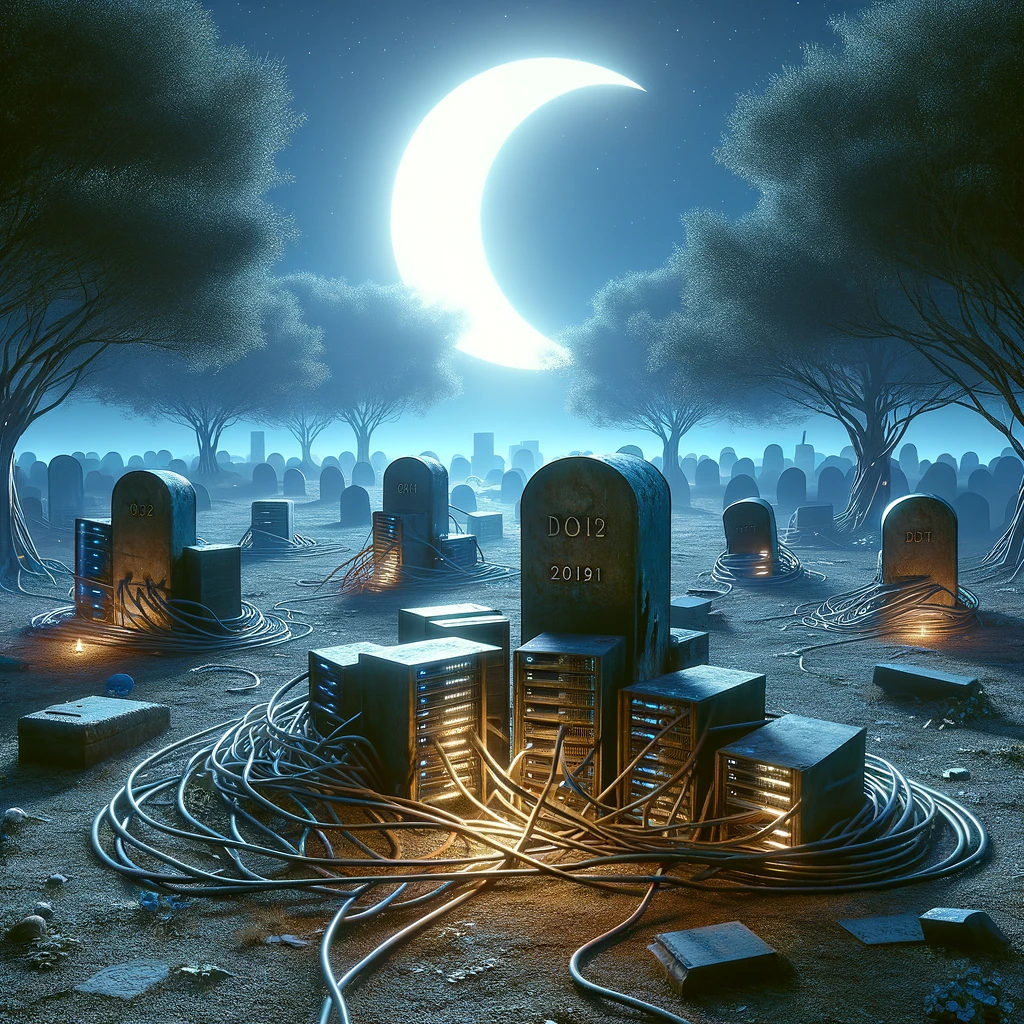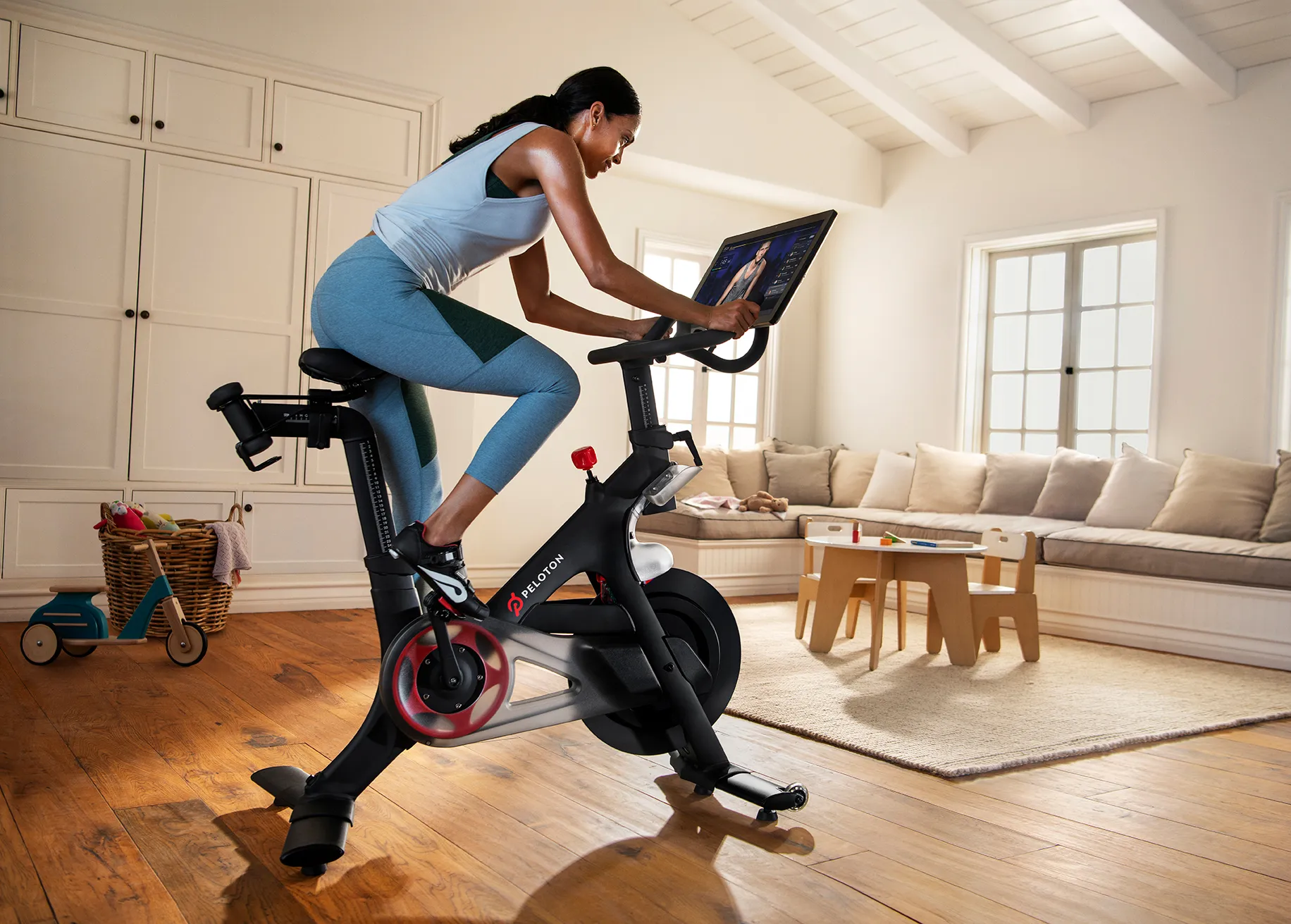
Before getting into my ideas let me start off by saying that public education has been under attack as a byproduct of a certain subpopulation’s culture war. I’m not proposing ideas pointed directly at that.
I did not do well in school. As a child of conservative Christians, mental health wasn’t a real thing so my ADHD was undiagnosed and untreated until I was an adult and able to fix this on my own with the help of doctors and therapists. It’s not because I wasn’t smart or motivated but rather because I, and many like me, didn’t fit into the very specific mold of what a “good student” looked like.
The ideal student is good at completing prescribed tasks first and foremost. The other important abilities and skills for making your way in this world are not part of the grading process. Being a gifted speaker, salesman, entrepreneur, artist, negotiator, strategist, leader, creative thinker is not only not part of the grading system but a proclivity for those things is actually a hinderance to academic performance.
The Minimum Viable Product Of Education
When we distill a product or service down we are looking to get to the foundational function of that product or service that is connected to a problem. I would break education down to three functions for the minimum viable product (MVP):
Content Consumption
Teach: a verb. To cause to know something. It’s the primary function we think education is. Further we have come to think of teaching as standing in front of students and talking. Sometimes we throw in discussion, a chalkboard, maybe some other visual elements but it is primarily an auditory experience. Reading is generally the second most common form of content consumption in school.
Practice
Better known as homework. This is where students take what they learned to see if they can execute whatever was taught; do math problems, write essays, do science experiments, etc. Then the teacher reviews their practice and gives them feedback in the form of a grade.
Testing
The first two functions really serve as an attempt to prepare a student to pass a test.
Without writing an entire treatise on how we got to these three functions for our education system, the overwhelming factor is that these three functions scale better than other functions that would also serve to deliver the outcomes desired. The time and resource constraints make it so standing in front of the class and talking is the most efficient way to deliver content (or so we think). Because teachers have to teach during the school day practice is done at home on the student’s time. Testing is simply the easiest way to determine if teaching (to cause to know something) has some effect.
So these are the base problems that need to be solved in education: students need to consume content, practice what they learn, then confirm they know it and/or can do it.
Here’s What I Propose
Teachers Should Do Less Teaching
Let’s start with content consumption. What is the best way, in the year 2022, for students to consume content? Another way of asking; when selected by the user, what is our preferred way to consume content? You probably already know the answer: video. Video is by far the dominant mode for consuming content in 2022. It’s a no-brainer. Video can span two learner types in one piece of content; auditory and visual learners. Video is much more scaleable than live speaker teaching as well. Granted at certain levels of scale we lose the ability to hyper-contextualize but personally I don’t think that is an issue for the core subjects of math, history, language, and science. Even the humanities can scale well with video.
But I wouldn’t ask teachers to produce their own videos; this should be done at a higher level with elite production quality. Ken Burns should teach us history. Neil Degrasse Tyson and Bill Nye should teach us science. As an adult I learned infinitely more from Ken Burns’ work on the America Civil War than I ever did in 16+ years of school.
Teachers Should Focus On Practice
My daughter is a NCAA Division I basketball player. At that level practice is serious business. So much so that she spends significantly more time practicing with coaches and teammates than she does by herself. Each movement is rehearsed over and over again while being supervised and corrected, in real time, by expert coaches and training staff. Their objective is to engrain this practice so deep in the players minds that the right things happen automatically at game time.
Why are students left to themselves to practice and then when they don’t practice well they are punished rather than helped? Wealthy parents with spare time know this is a ridiculous reality so they pay for tutors to help their kids.
Now, I don’t personally believe any homework should exist, but if I was forced to choose, it’s content consumption that should happen at home. Practice should happen in the classroom with real time coaching. Teachers cannot prepare and deliver quality teaching, and coach their students while they practice, so we have decided to push practice out of the classroom and to the home.
Students Should Choose How They Are Tested
Do you know of a kid from high school who basically never did homework but would ace tests? That was me. My wife is the opposite; she could annihilate homework assignments all day long then crumble when test time came. To scale testing we’ve decided we simply need to measure whether students were able to memorize content and then recall that content in a very specific context; sitting at a desk in silence.
I’m terrible at task completion. I will never be good at it. But put me in an intense situation where I need to react and make quality decisions and take specific actions and I’ll thrive. If school was only about taking and passing tests I would be near the top of the class. If it was only about task completion (homework) my wife would be at the top of the class. Instead we were both classified as mediocre students most of the time and all too often straight up terrible students.
We should create multiple options for testing because a single mode causes outcomes that are skewed by the fact that the mode itself is causing a not inconsequential number of students to perform below their capability simply because the mode is a blocker to better results.
Our current mode of testing is a product of scaling. In my new way of doing things we’ve taken a huge load off of teachers by eliminating the time and prep needed to deliver content so they can now focus their energy on tutoring, coaching, and scoring tests.
Is This Possible?
Unlike the free market, where there is pressure to innovate, institutions that are the fabric of society are extremely difficult to innovate within. See also police or church. The cause of this, I think, is that those who make education their career are the people for whom the education system worked. Since it worked for them these well meaning and passionate people are simply not motivated to make meaningful innovations. The answer is to bring people into leadership for whom the education system was a terrible experience because they have better line of sight to the problems and are naturally motivated to want to change a broken system.
This would be truly innovative and I think it is very possible. I’d even be down to help. School districts feel free to hit me up.


